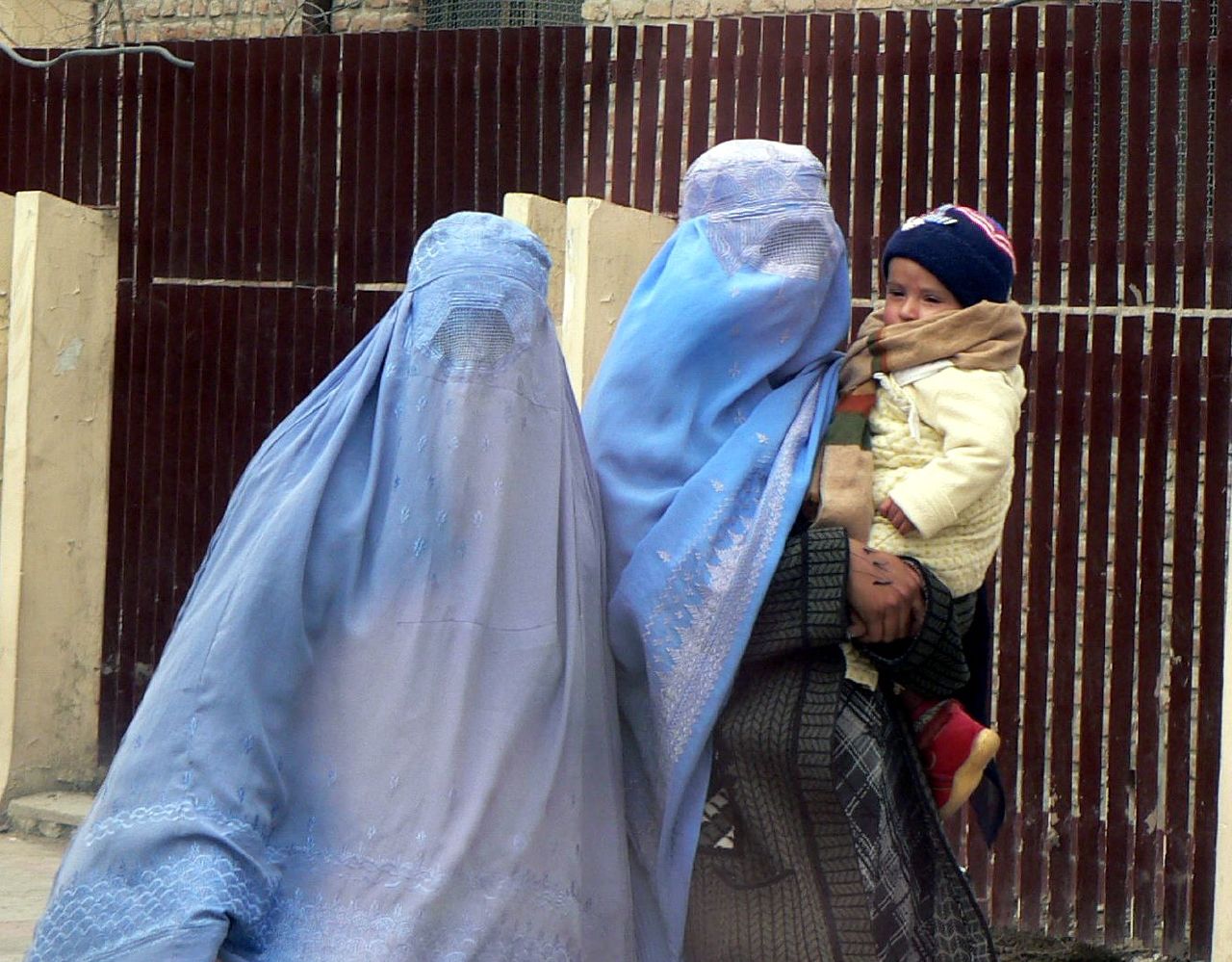- About
- Topics
- Picks
- Audio
- Story
- In-Depth
- Opinion
- News
- Donate
- Signup for our newsletterOur Editors' Best Picks.Send
Read, Debate: Engage.
| September 29, 2021 | |
|---|---|
| topic: | Women's rights |
| tags: | #Afghanistan, #women's rights, #Taliban |
| located: | Afghanistan |
| by: | SK Saif |
In an exclusive interview with FairPlanet, Safi said she would labour hard to galvanise the prevalent drive for rights into a grand movement in order to protect the gains Afghanistan had made in the past two decades to achieve relative peace.
"The world must not remain as a silent spectator, instead the world leaders should place themselves in our shoes before deciding about the future of Afghanistan and the women there," Safi said over the phone from an undisclosed location.
She expressed these views as the redeployment of the Taliban’s moral police and the sidelining of the women’s affairs ministry by the group have amplified anxiety in Afghanistan.
"It was the women and girls who struggled hard just to get educated in order to be a vital and effective contributor for development in Afghanistan," Safi stated. "I ask the Taliban and the regional countries and the world, do you in your countries stop women from participating in national developing processes?"
Safi proceeded to ask: why should Afghan women sit at home while they have proven to be an effective player in nation building?
"No society can develop without the participation of women, we have had great female role models such as Khadija, Bibi Ayesha and Haleema in the Islamic World," said the Afghan minister in exile, while urging the international community not to abandon their commitments in this regard.
“Count on women as resources of development, for the future of Afghanistan. Women and girls have proven that they can be effective and can bring positive change to the society”, she stressed.
Within a month of capturing power in Kabul, the Taliban has brought back their morality police and sidelined the women’s affairs ministry in Afghanistan.
Announcing the contours of the new interim government of the ‘Islamic Emirate of Afghanistan’, the Taliban's spokesman, Zabihullah Mujahed, said earlier this month that designated ministers and other top officials, all male religious scholars, would steer the country until a more "inclusive government" is announced.
In a separate statement, the group’s supreme leader, Mullah Hebatullah Akhundzada, has pledged to ensure the rights of all Afghans. "The Islamic Emirate (Taliban) will take serious and effective steps towards protecting human rights, the rights of minorities as well as the rights of the underprivileged groups within the framework of the demands of the sacred religion of Islam," reads the statement.
As groups of mostly young Afghan women continue to stage protest demonstrations in major cities, Safi lamented the formation of an exclusively male-dominated regime.
"It is very disappointing to see no women rep. among the new cabinet ministers and no ministry of Women affairs among the ministries. Women participation is an important component of effective governance," tweeted Safi.
During the relative peace in the past 27 years, women enjoyed a minimum of 27 percent share in the country’s parliament and at least three ministers were serving in the cabinet besides an array of deputies, advisers and other senior officials.
A more symbolic achievement for women in this period was ensuring the name of citizens’ mothers on the face of the newly launched biometric identity cards in Afghanistan.
Also, former president Ashraf Ghani had formed a High Council of Women that had representation at executive boards of at least 26 governmental and non-governmental bodies.
Just a day before the president moved to establish this HCW in August 2020, a grand coalition of Afghan women and individual activists, representing thousands of Afghan women, wrote an open letter to the Taliban.
“We will not allow our place and contribution towards rebuilding our country to be erased or reversed. More than ever we recognize our capacity to contribute to the wellbeing of our society,” said the women with hopes for a positive outcome from the proposed intra-Afghan talks for peace.
Speaking with FairPlanet, the exiled minister said that up to 28 percent of civil servants in Afghanistan were women who are now being denied to rejoin work, adding that men should join women in the struggle for equal rights and rebuilding process efforts.
"Afghan women are abandoned by the world; that is why they are forced to take such desperate measures of street protests in the face of heavily armed Taliban," said Safi, who once had a staff of nearly 800 people in all 34 provinces of the country and took credit for spreading awareness for women's rights - giving confidence to women across the nation and inspiring them to demand their liberty.
Image by: United Nations
By copying the embed code below, you agree to adhere to our republishing guidelines.
